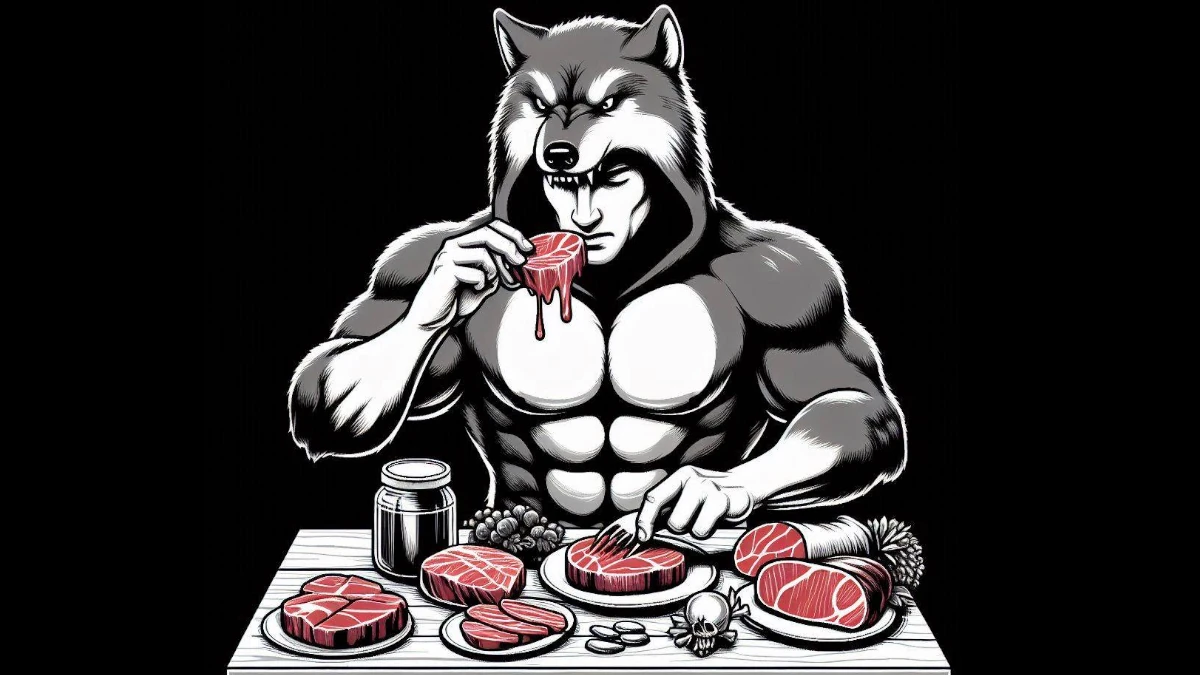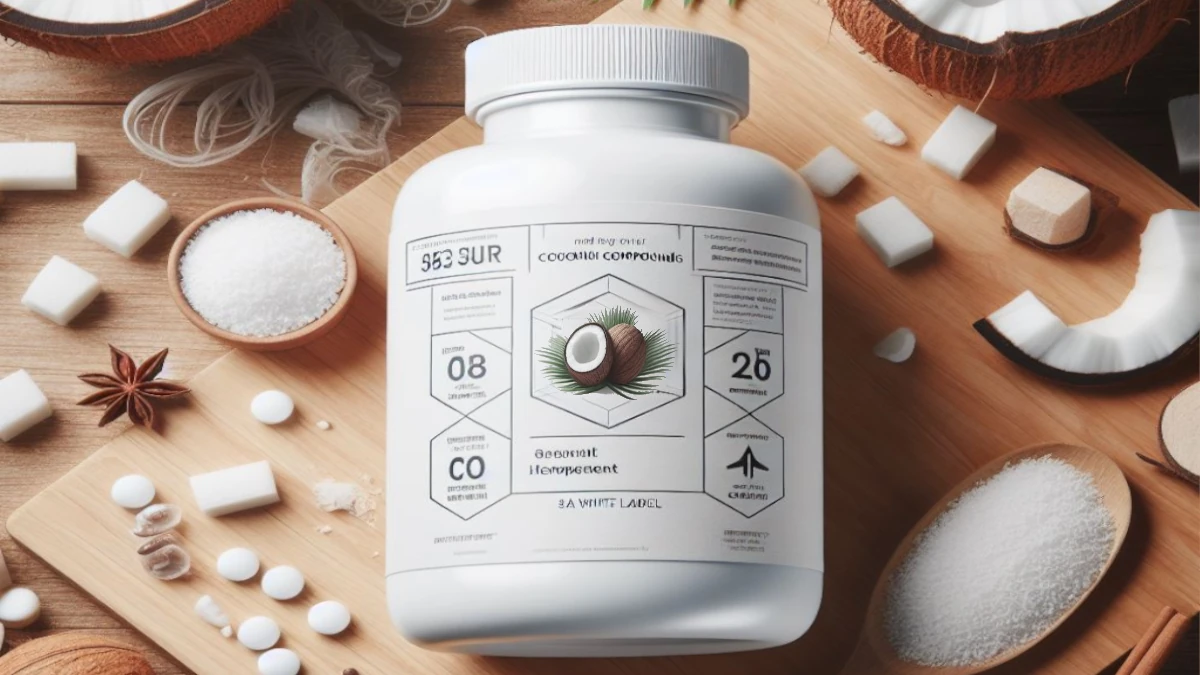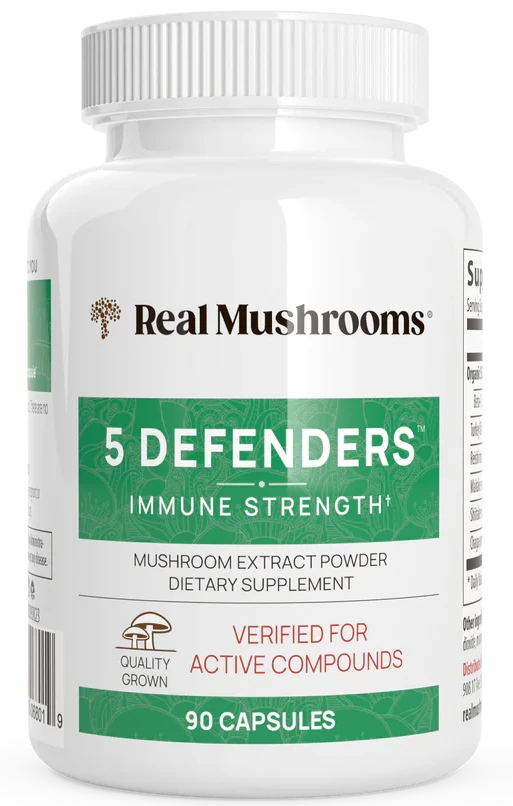The Carnivore Diet and Herpes: Understanding the Link Between Meat-Based Diets and Cold Sore Outbreaks
The carnivore diet, which emphasizes the consumption of animal-based foods while eliminating or severely restricting plant-based foods, has gained popularity in recent years.
Proponents of this diet claim a range of health benefits, from improved body composition to better metabolic markers.
However, one potential downside of the carnivore diet that is often overlooked is its impact on the risk of herpes and cold sore outbreaks.
Herpes simplex virus (HSV) is a common viral infection that causes cold sores and genital herpes, and it is estimated that up to 90% of the global population is infected with HSV.
While the virus is typically dormant, it can reactivate and cause symptoms in response to various triggers, including stress, fatigue, and certain dietary factors.
The carnivore diet may exacerbate the risk of herpes and cold sore outbreaks due to the high intake of amino acids, particularly arginine.
Arginine is an amino acid that is naturally found in many animal-based foods, including meat, poultry, and fish.
While arginine is essential for many bodily functions, high levels of arginine in the diet can promote the growth and proliferation of HSV, making individuals more susceptible to recurrent outbreaks.
In contrast, lysine, another amino acid found in animal-based foods, has antiviral properties that can help suppress the replication of HSV and reduce the risk of cold sore outbreaks.
The Link Between the Carnivore Diet and Herpes
How the Carnivore Diet Affects Herpes and Cold Sore Outbreaks
The high intake of arginine in the carnivore diet can tip the scales in favor of the herpes virus, making individuals more susceptible to recurrent outbreaks.
This is because arginine is a key nutrient for the growth and proliferation of HSV, and high levels of arginine in the diet can promote the replication of the virus.
In contrast, lysine, which is found in smaller amounts in the carnivore diet, has antiviral properties that can help suppress the replication of HSV and reduce the risk of cold sore outbreaks.
Therefore, individuals following the carnivore diet may be more likely to experience recurrent herpes and cold sore outbreaks due to the imbalance of amino acids in their diet.
It's important to note that the antiviral effects of lysine are not as potent as the virus-promoting properties of arginine.
This means that simply consuming more lysine-rich animal products may not be enough to counteract the negative impact of the high arginine intake on the carnivore diet.
Additionally, the carnivore diet may also exacerbate the risk of herpes and cold sore outbreaks due to the high intake of other nutrients, such as vitamin B12 and iron, which can promote the growth and proliferation of HSV.
Foods Rich in Lysine and Arginine
So, where can one find good sources of lysine that are also low in arginine? The answer lies in dairy products.
Dairy, such as milk, cheese, and yogurt, is a rich source of lysine while being relatively low in arginine.
This makes dairy a more favorable option for individuals looking to support their immune system and reduce the risk of herpes and cold sore outbreaks, especially when compared to the high-meat, low-plant-based approach of the carnivore diet.
Other foods rich in lysine include lean meats, such as chicken and turkey, as well as fish and eggs.
These foods can be incorporated into a balanced diet to support overall health and immune function.
On the other hand, foods rich in arginine, such as meat and poultry, can exacerbate cold sore outbreaks.
It's essential to be mindful of the amino acid balance in your diet and consider incorporating more lysine-rich foods to support your immune system.
Additionally, individuals following the carnivore diet may want to consider supplementing with lysine or other antiviral nutrients to reduce the risk of herpes and cold sore outbreaks.
Bottom Line
To sum things up, the carnivore diet may have a negative impact on the risk of herpes and cold sore outbreaks due to the imbalance of amino acids.
By understanding the role of lysine and arginine in cold sore outbreaks and incorporating more lysine-rich foods into your diet, you can reduce the risk of recurrent outbreaks.
It's essential to prioritize a balanced diet that includes a variety of nutrient-dense foods to support overall health and immune function.
Additionally, individuals following the carnivore diet may want to consider supplementing with lysine or other antiviral nutrients to reduce the risk of herpes and cold sore outbreaks.





